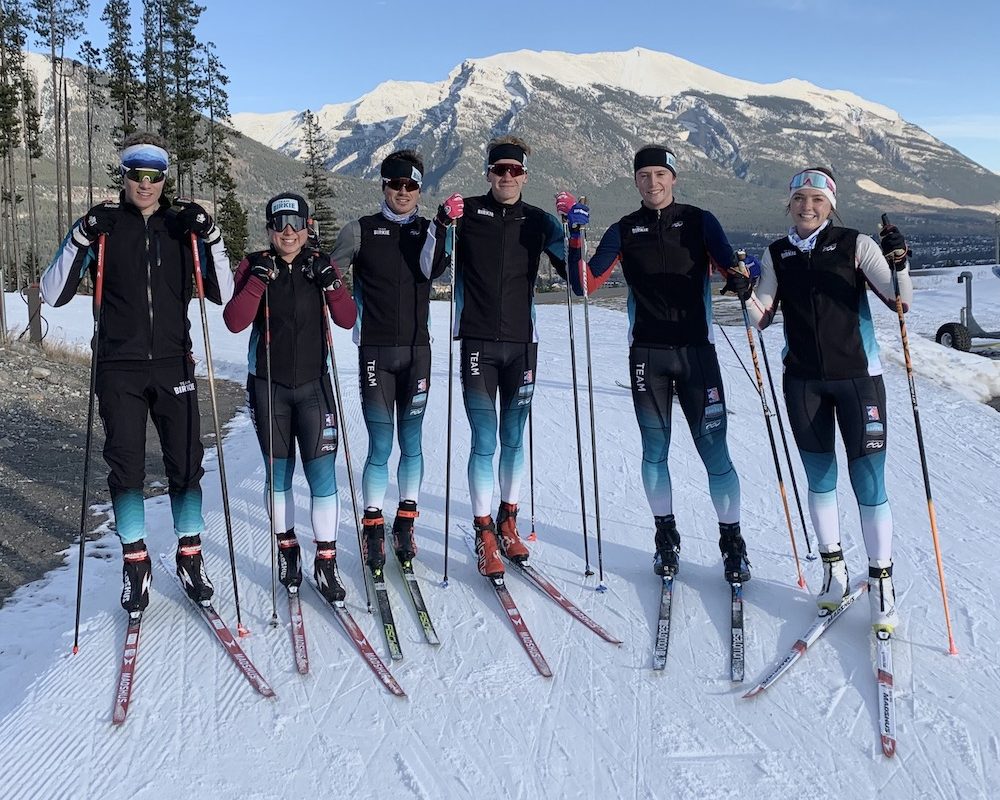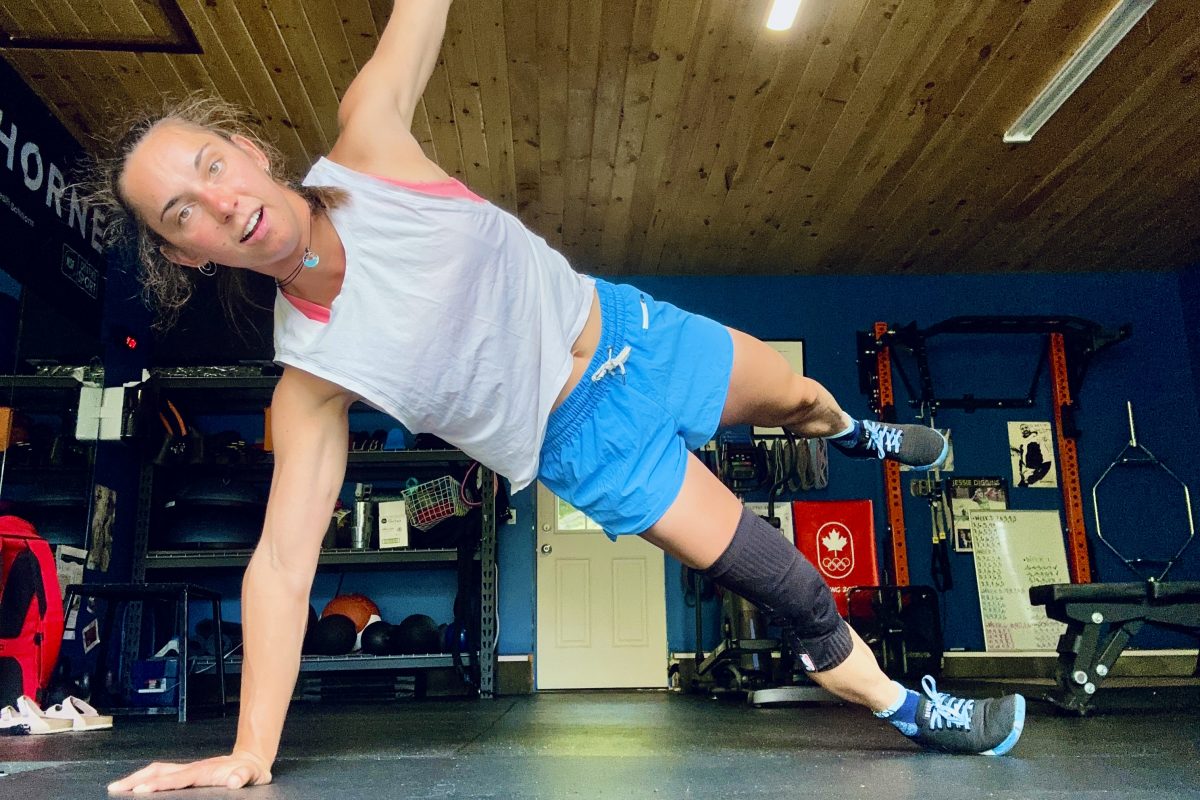In 1995 Vegard Ulvang and I were the honorary starters in the Grete Waitz Race: we were the only two men in a sea of 48,000 women. Do you think we were noticed? My advice to all men interested in getting married: take a trip to Oslo on the weekend they organize this race! Afterwards we had an interesting discussion with Grete. We realized that we all shared the same opinions on the developments in society and the possibilities of finding champions in endurance sports in the future.
“The society that children are growing up in now is not positive for development for condition-based sports,†said Grete. “Studies show that if you are going to be an elite runner, it is too late to begin to train at age 14 or 15. It is like building a house without a foundation. It is the activity in the early years that determines the future athletic careers. I must admit that I am very pessimistic when it concerns finding new Olympic champions in long distance running events, cross country skiing and speed skating.†It was like listening to myself.
She reminded us of the runners from Kenya and Ethiopia who have dominated running for many years. “There the children run to and from school, kept busy with their own activities, and eaten simple diets of healthy food since they were very little.â€
These are African versions of Vegard and me, I thought. And not just Vegard and me, but it is the same for our generation and earlier generations from the small towns in Norway.
Grete told us about a physical conditioning test a running coach had done among nurses in the Norwegian county of Hedemark. It showed that the 50 year-old nurses were in better shape than those who were between 20 and 30 years old. This was not because they trained more, but because of the foundation they had laid during their childhoods.
I didn’t need to say anything. It was enough to nod, because I was hearing a confirmation of my own thoughts and opinions about children’s upbringing, about physical education in school. Even Grete’s attitude to training was something I recognized. She said, “Those who want to become the best must be willing to break through some barriers. I always ran at 6:30 every morning. many thought it sounded awful, but it was just a question of getting up at 6 o’clock. It might mean that I would have to go to bed a little earlier the night before, but I never thought of that as a weakness. I was also probably the first woman to begin to train twice a day, and I would most often train together with the boys in the club.â€



